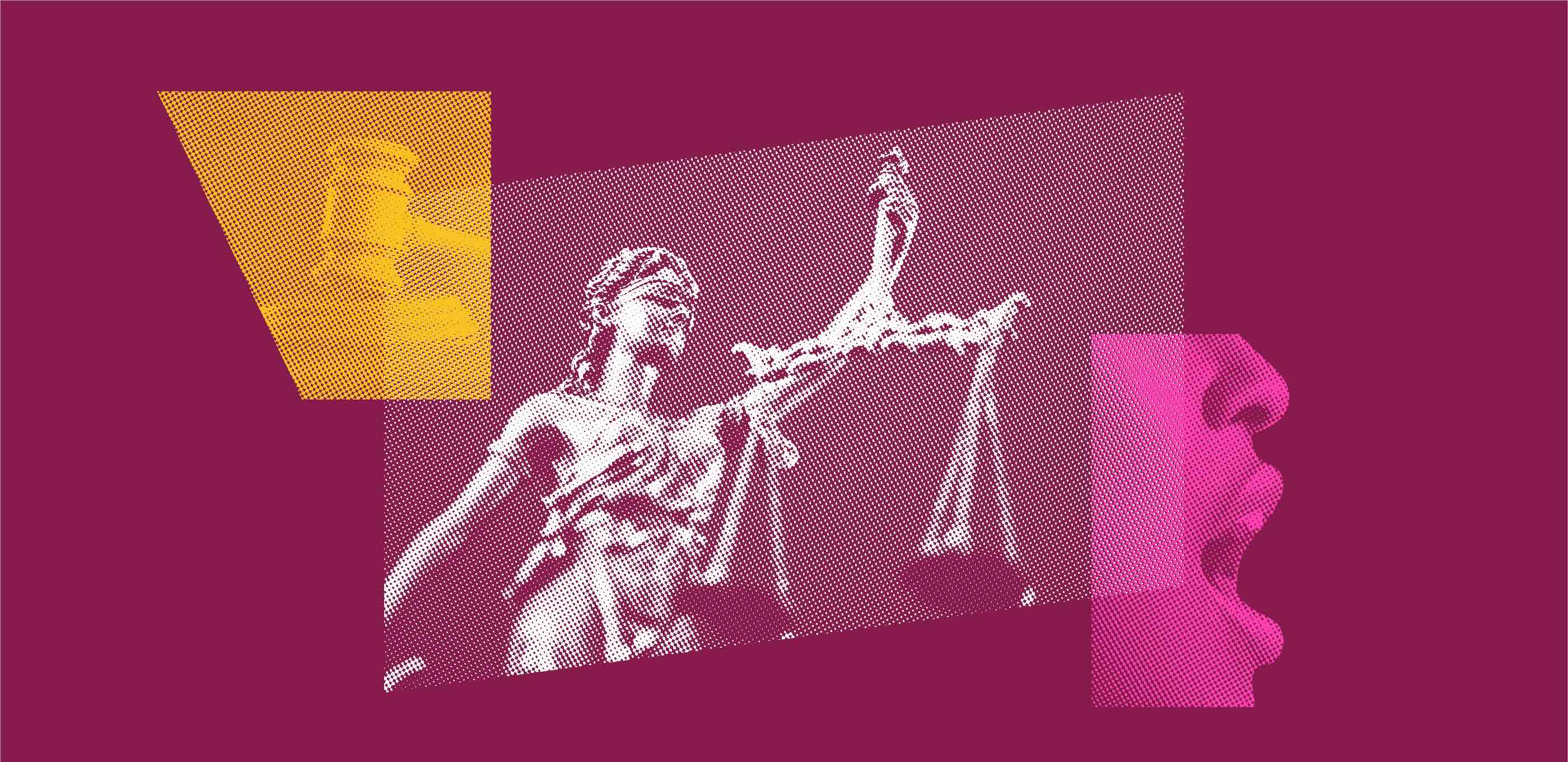
Mohamed et al. v Jeppesen Dataplan, Inc.
What's at Stake
During the Bush administration, the practice of "extraordinary rendition" was used to apprehend and detain foreign nationals suspected of involvement in terrorism. The suspect would be arrested and secretly transferred to prisons run by foreign intelligence agencies in countries know to torture, or to CIA-run "black sites."
Summary
In 2007, the ACLU filed a federal lawsuit against Jeppesen DataPlan, Inc., a subsidiary of Boeing Company, on behalf of five extraordinary rendition victims. The suit charges that Jeppesen knowingly participated in these renditions by providing critical flight planning and logistical support services to aircraft and crews used by the CIA to forcibly disappear these five men to torture, detention and interrogation. According to published reports, Jeppesen had actual knowledge of the consequences of its activities. A former Jeppesen employee informed The New Yorker magazine that, at an internal corporate meeting, a senior Jeppesen official stated, "We do all of the extraordinary rendition flights - you know, the torture flights. Let's face it, some of these flights end up that way."
Shortly after the suit was filed, the government intervened and inappropriately asserted the "state secrets privilege," claiming further litigation would undermine national security interests, even though much of the evidence needed to try the case was already available to the public. To date, not a single torture victim has had his day in court.
Learn more about the plaintiffs in this case >>
Timeline
May 2007: ACLU files a lawsuit against Jeppesen Dataplan in U.S. District Court for the Northern District of California on behalf of three victims of the “extraordinary rendition” program.
August 2007: Two additional victims of the "extraordinary rendition" program joined the lawsuit as plaintiffs.
February 2008: The district court dismisses the ACLU’s case against Jeppesen after the government intervened, inappropriately invoking the “states secrets privilege” to avoid legal scrutiny of an unlawful program.
June 2008: ACLU appeals the district court’s dismissal of the case.
February 2009: ACLU argues its appeal of the district court decision before a three-judge panel of the 9th Circuit Court of Appeals. Now under the Obama administration, the Department of Justice once again asserts that the entire subject matter of the case is a state secret.
April 2009: The 9th Circuit Court of Appeals reverses the district court dismissal of the case, ruling that the government cannot invoke the state secrets privilege to dismiss the entire suit, rather, the privilege can only be invoked with respect to specific evidence. The case is remanded back to district court.
June 2009: The government appeals the 9th Circuit's April 2009 decision, asking the appeals court full panel of judges to rehear the case.
October 2009: 9th Circuit Court of Appeals announces that it will hear the government’s appeal of its earlier April 2009 decision before an en banc panel of 11 judges.
December 2009: ACLU returns to court before an en banc panel of 11 judges from the 9th Circuit Court of Appeals.
September 2010: An en banc, 11-judge panel from the 9th Circuit Court of Appeals reverses the April 2009 decision.
December 2010: ACLU files a cert petition, asking the U.S. Supreme Court to review the lower court's decision dismissing the lawsuit.
May 2011: Supreme Court denies request to hear the lawsuit.
Legal Documents
-
12/07/2010
Petition for Certiorari
Date Filed: 12/07/2010
Court: Supreme Court
Download Document-
11/27/2009
Reply Brief of Plaintiffs-Appellants for Rehearing En Banc -
11/17/2009
Ruling of Federal District Judge Gladys Kessler -
07/06/2009
Opposition to Petitions for Rehearing or Rehearing En Banc -
06/12/2009
Petition for Rehearing En Banc -
04/28/2009
Ninth Circuit Court Opinion -
09/25/2008
Reply Brief of Plaintiffs-Appellants -
06/30/2008
Brief of Plaintiffs-Appellants
Date Filed: 11/27/2009
Court: Appeals Court (9th Cir.)
Download DocumentDate Filed: 11/17/2009
Court: Appeals Court (9th Cir.)
Download DocumentDate Filed: 07/06/2009
Court: Appeals Court (9th Cir.)
Download DocumentDate Filed: 06/12/2009
Court: Appeals Court (9th Cir.)
Download DocumentDate Filed: 04/28/2009
Court: Appeals Court (9th Cir.)
Download DocumentDate Filed: 09/25/2008
Court: Appeals Court (9th Cir.)
Download DocumentDate Filed: 06/30/2008
Court: Appeals Court (9th Cir.)
Download Document-
02/13/2008
District Court Opinion -
12/14/2007
Memo of Plaintiffs in Opposition to Government's Motion to Dismiss -
08/01/2007
First Amended Complaint -
05/30/2007
Complaint
Date Filed: 02/13/2008
Court: District Court (N.D. Cal.)
Download DocumentDate Filed: 12/14/2007
Court: District Court (N.D. Cal.)
Download DocumentDate Filed: 08/01/2007
Court: District Court (N.D. Cal.)
Download DocumentDate Filed: 05/30/2007
Court: District Court (N.D. Cal.)
Download DocumentPress Releases
Extraordinary Rendition Case Should Move Forward, Argues ACLU In Court Today
Italian "Extraordinary Rendition" Victim Still Held In Morocco Based On Tortured Confession
Obama Administration Seeks To Keep Torture Victims From Having Day In Court
Federal Court Permits Landmark ACLU Rendition Case To Go Forward
Interrogation Memos Provide Further Reason To Give Torture Victims Day In Court, Says ACLU
Justice Department Stands Behind Bush Secrecy In Extraordinary Rendition Case